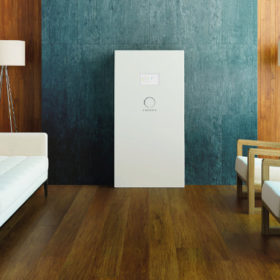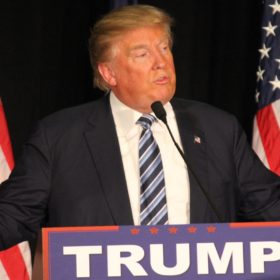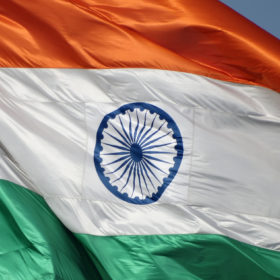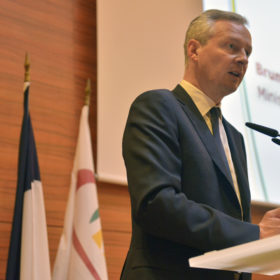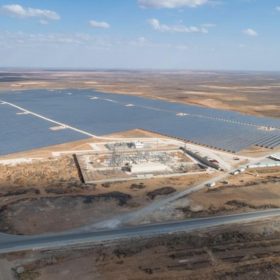Australia election: What can solar expect under Morrison’s coalition?
As India awaits the results of the world’s largest democratic election on Thursday, and the EU begins to go to the polls on the same day, pv magazine Australia considers the “miracle” victory by a right-wing Liberal-National coalition in Australia at the weekend, and finds the nation’s solar sector has little reason to rejoice.
Sonnen starts shipping batteries made in South Australia to New Zealand
The German energy storage provider has begun shipping batteries made in the former Holden factory in the north of Adelaide to New Zealand. Sonnen batteries will be available exclusively through the manufacturer’s local partner, Taspac Energy.
Grim news for REC Silicon as U.S. raises trade war tariffs to 25%
With the deadline set by the Trump administration for avoiding a rise in further penalties on Chinese imports having passed without resolution last night, the Ministry of Commerce in Beijing reportedly warned of countermeasures, a threat which will raise fears among members of the Norwegian firm’s U.S. workforce.
REC Silicon moves nearer shutdown of US polysilicon facility
The company has reported declining revenues and increasing losses in its first-quarter update. A plan to reduce polysilicon production will begin in a week’s time and if access to the Chinese market is not restored, a complete shutdown could be in place by the end of June.
New factory-focused solar tender in the offing for India
With last year’s embarrassing manufacturing-linked capacity tender limping along, it has been reported the Indian government – whichever form it takes after the current elections – is considering another tender to incentivize the establishment of a domestic solar industry.
French-German battery alliance secures €5 billion as Tesvolt works on gigafactory
Ministers have reaffirmed plans for a Franco-German battery industry. The project is being supported in principle by the European Commission, which could give its approval by October. Meanwhile, German storage specialist Tesvolt is building a commercial storage system factory in Germany.
Fotowatio starts commercial operations at latest Jordan project
The Saudi-owned developer has announced an ambition to have installed 5.8 GW of renewables capacity by 2024 and took a small step in that direction with its 66.7 MW Al Safawi Solar Plant.
Ailing Singyes forced to delay annual report again
Loan defaults have brought business at the solar goods maker and EPC to a halt and a lack of progress reports on its formerly lucrative project contracts means there is no immediate prospect of seeing the company’s 2018 figures.
Global renewables R&D will further drive down energy transition cost
The Netherlands’ Organisation for Applied Scientific Research says renewables would not only contribute to a cheaper energy system but would also create more opportunities for new business, exports and jobs – as well as a cleaner environment.
Getting (almost) all our energy from the sun by 2050
Solar could meet approximately 68% of global energy demand with other renewables making up the rest, according to a new report. A 100% renewable energy system could also create 22 million solar jobs by 2050, the study claims. Keeping global warming below 1.5 degrees C, though, would require FITs for projects up to 40 MW in capacity, auctions for bigger systems, removing fossil fuel and nuclear subsidies and providing more education and R&D and less red tape.

